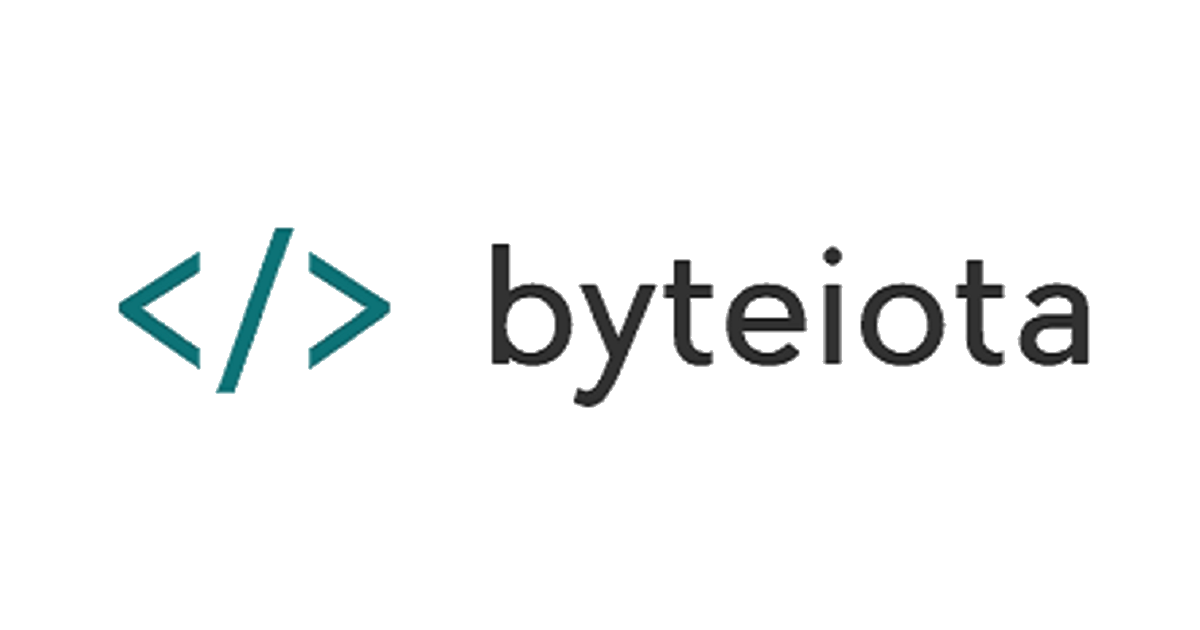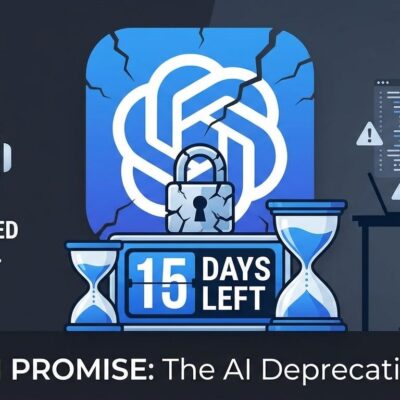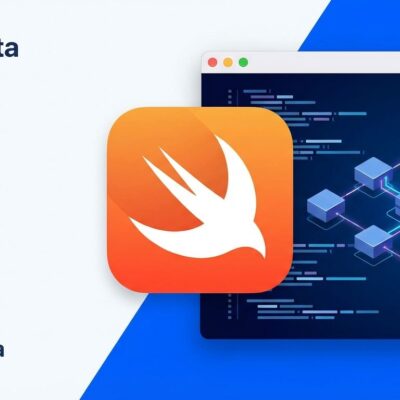
TypeScript has officially overtaken Python and JavaScript to become the most-used language on GitHub as of August 2025, marking the first time a typed superset has claimed the top spot. With 2.6 million monthly contributors and 66% year-over-year growth, TypeScript’s surge represents what GitHub calls “the most significant language shift in more than a decade.” The driver? AI coding tools like Copilot work better with type-safe languages, and when frameworks like Next.js and SvelteKit default to TypeScript, millions of developers follow without thinking twice.
The Numbers Tell the Story
The data is striking: TypeScript finished August 2025 with 2,636,006 monthly contributors, surpassing Python by approximately 42,000 contributors. More remarkable is the velocity—TypeScript added over 1 million contributors in 2025 alone, a 66% year-over-year increase. AI-tagged TypeScript projects grew 77.9% year-over-year.
For context, Python still added nearly 850,000 contributors (48.78% YoY growth), and JavaScript added 427,000 (25% YoY). GitHub now hosts 180 million developers total, with more than one new developer joining every second. TypeScript didn’t just edge past competitors—it dominated growth across the platform.
Before you assume this contradicts the TIOBE Index (where Python remains #1 at 23.37%), remember the difference: GitHub measures actual contributors building software, while TIOBE measures search queries. TypeScript wins where it matters—where developers actually build.
AI Tools Reshaped the Landscape
Here’s the uncomfortable truth for dynamically-typed language advocates: AI coding assistants prefer type safety. According to GitHub, 85% of developers now use AI coding tools regularly, and 80% of new GitHub developers use Copilot within their first week. TypeScript Lead Architect Anders Hejlsberg put it bluntly: “Type systems matter more now because AI code generation requires guardrails.”
When Copilot reads TypeScript type information, it generates suggestions that are automatically type-safe. If a function expects a number parameter, Copilot won’t suggest passing a string or object. The result? Fewer runtime errors, less debugging, higher quality code. AI assistants aren’t just productivity multipliers—they’re actively reshaping which languages developers choose by making typed languages dramatically easier to work with.
Framework Defaults Changed the Game
Individual developer preference matters less than you think. When Next.js 15, SvelteKit 2, Qwik, and Astro 3 started scaffolding projects in TypeScript by default, they made the choice for millions of developers. Modern tooling like Vite, ts-node, and Bun eliminated what developers used to call the “TypeScript tax”—the setup friction that once made developers hesitate.
Next.js alone sees 5+ million weekly npm downloads. When a framework of that scale defaults to TypeScript, the entire ecosystem shifts. Language adoption in 2025 isn’t about bottom-up developer preference—it’s about top-down framework gravity.
What This Means for Developers
The career implications are clear. There are currently 37,036+ JavaScript/TypeScript developer jobs listed on Indeed (November 2025), with top earners commanding $130,000+ annually. Companies like Google, Slack, and Microsoft now require TypeScript skills for web development roles. If your web dev bootcamp doesn’t teach TypeScript in 2025, find a new bootcamp.
But here’s the nuance the clickbait headlines miss: this isn’t Python’s decline—it’s Python’s transformation. Python still dominates AI/ML with 582,000 AI-tagged repositories on GitHub. It remains unrivaled for data science and scientific computing. The future isn’t TypeScript replacing Python; it’s developers combining Python’s data pipelines with TypeScript’s app layers.
The era of single-language dominance is over. Modern developers need polyglot skills: Python for data and ML, TypeScript for web applications, Rust for performance-critical systems. Specialization won.
Type Safety is No Longer Optional
TypeScript’s milestone on GitHub isn’t a popularity contest—it’s a signal that the web development ecosystem has fully embraced type safety as the default. For developers, this means TypeScript skills aren’t optional anymore; they’re foundational. AI coding assistants accelerate this trend by making typed languages easier and safer to work with. The industry has spoken: type systems aren’t overhead. They’re guardrails that make AI-assisted development possible at scale.













